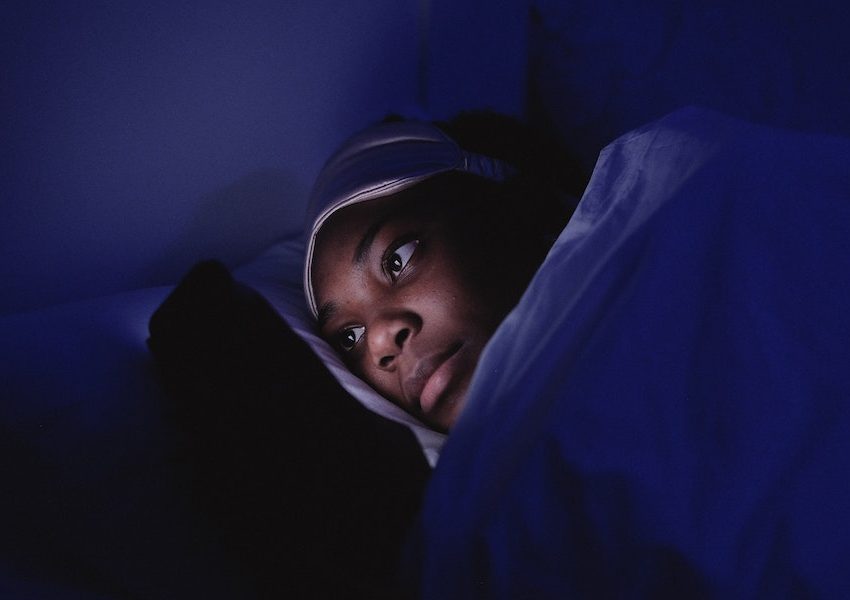
Most people live busy lives. They are up at the crack of dawn to prepare for the day ahead. But, to keep up with busy lifestyles and schedules, your body needs a good night’s rest because without it are weakening yourself. This causes sleep disorders which leads to poor health, fatigue and mood swings. They can also have a negative impact on your work performance, relationships and general outlook on life.
What is a sleeping disorder?
The average human being functions on eight hours of sleep, and anything less causes a sleep disorder, leading the body to suffer. ‘Sleep disorders include 80 different conditions that can be classified into three categories,’ says Dr Graham Duncombe from Sleep Renewal. ‘There are disorders of movement during sleep known as ‘parasomnias’ that include: sleepwalking, sleep eating, night terrors and sleep paralysis. Then there are disorders of the sleep cycle such as insomnia and disorders of breathing during sleep known as ‘sleep-disordered breathing or SDB’. ‘However, these occur more frequently in men than women. While overweight people stand a greater chance of suffering from SDB, genetics play a bigger role when considering parasomnia conditions. Though, people going through menopausal changes or experiencing chronic stress are at the top of the list of being affected by insomnia.
The causes
According to Dr Graham, sleep disorders, in some instances, can have a genetic link. ‘However, more common causes can be due to medication, changes in sleep routine, as well as chronic stress or illnesses.’ He goes on to add that, ‘SDB is usually triggered by being overweight or suffering from nasal congestion and sinus problems. But, it can also be caused by sleeping tablets or antidepressants.’ Many factors can lead to a sleep disorder. But, are they life threatening? ‘The most prevalent danger signs include morning headaches, high blood pressure and daytime drowsiness. These are early signs of dangerously low oxygen levels at night and rising blood pressure. Daytime fatigue leads to poor concentration, which leads to a slower reaction time and a higher risk of accidents,’ Dr Graham explains.
The treatment
For you to receive treatment for your sleeping disorder, you are required to be diagnosed through sleep laboratory monitoring. ‘There are various ways to treat sleep disorders. But, more often than not, it will depend on the circumstances of the individual,’ says Dr Graham.
He suggests that most disorders are best treated by:
– Losing weight
– Reducing tyramine-containing foods such as cheese, dried fruits and biltong before bedtime
– Reducing stress through exercise and meditation
– Taking sleeping tablets and antidepressants at the lowest possible effective dosage and for the shortest possible time (as advised by your doctor)
– Establishing a regular sleep schedule
Tips
– If you wake up at night and battle to fall asleep again, focus on your breathing, meditating or find something else that relaxes you
– If worried about something, make a note of it before you sleep. Focus on not worrying until the next day when you can actually do something about it
– Before going to bed, avoid sitting on the computer or using iPads, e-books or cellphones that give off bright
light and are stimulating. This can make it harder for you to switch off
Written by Lungile Khumal




